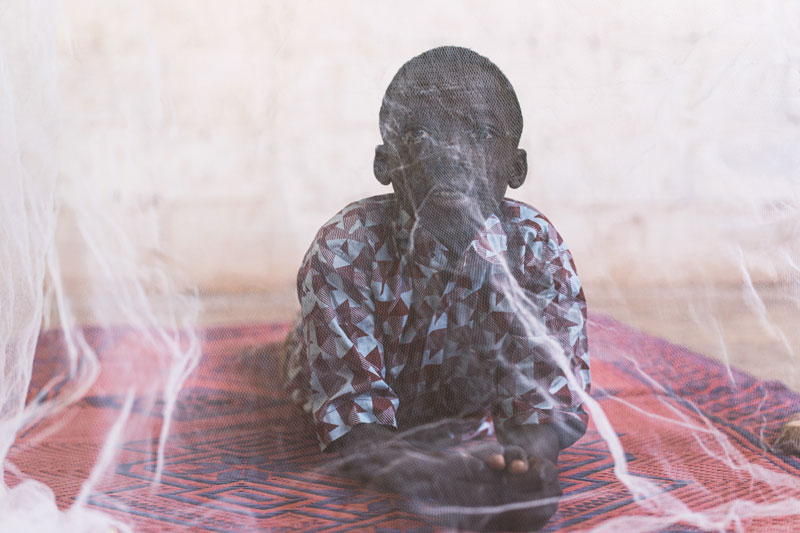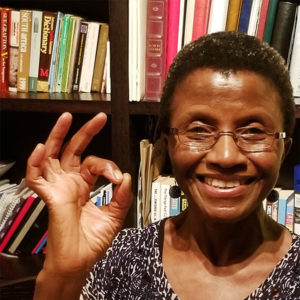Going for gold: smart investments can transform Africa’s response to malaria, save lives and build communities
By Joy Phumaphi
The COVID-19 pandemic has placed an incredible strain on health systems across the globe. However, as we fight to address this new public health threat, we must equally focus on addressing existing health priorities.
Africa is at the epicentre of the global fight against malaria. Africa will not achieve its development aspirations as espoused in Agenda 2063 if it backtracks on its progress towards malaria elimination. In 2016, African Heads of State and Government endorsed the Catalytic Framework to End AIDS, TB and Eliminate Malaria in Africa by 2030. Since 2000, 1.2 billion cases of malaria and 7 million deaths have been averted on the continent. This progress highlights the sustained political leadership, global and community action since the historic 2000 Abuja Declaration.
Every year, Heads of State and Government consider an Africa Malaria Progress Report and Scorecard for Accountability and Action during the AU Summit. The report is presented by the Chair of the African Leaders Malaria Alliance (ALMA). ALMA is a groundbreaking coalition of AU Heads of State and Government working to eliminate malaria by 2030. This demonstrates how seriously Africa considers malaria as a major threat to its health and development agenda. At the same time, global initiatives such as the RBM Partnership to End Malaria and the Global Fund to End AIDS, TB and Malaria have heralded partnership, global solidarity and shared responsibility that are unprecedented in the history of global public health.

Despite the progress, malaria remains a significant threat to our health and development agenda. Africa accounts for over 90 per cent of malaria cases and deaths. According to the World Malaria Report 2020, the malaria incidence rate in Africa has plateaued since 2015. Africa is not on track to achieve the goal of eliminating malaria by 2030.
His Excellency, President Uhuru Kenyatta, the chair of ALMA, has outlined a bold and ambitious four-point plan to help us to get back on track to end malaria in line with the African Union Catalytic Framework. This includes the following key priorities:
- Advance the digitalization agenda by making data and evidence available in real time including through the sharing of country scorecards.
- Sustain funding, including through the creation of high level multisectoral End Malaria Councils and Funds, mobilizing public and private sector domestic resources and keeping malaria high on the development agenda.
- Ensure that Regional Economic Communities drive progress against malaria.
- Engage youth leaders across Africa through an ‘ALMA youth army’ that harnesses the demographic dividend with all its innovation, research, development opportunity and passion for change.
In the midst of the global impact of the COVID-19 pandemic, End Malaria Councils and Funds have been established in Africa as vehicles for multisectoral collaboration to increase action, accountability, and public and private domestic resource mobilisation to fill existing funding gaps in malaria responses. End Malaria Councils and Funds have supported procurement of essential life saving commodities, helped to keep malaria high on the agenda, during the COVID-19 pandemic, mobilized in-kind support and private sector financing.
Countries across Africa have rolled out country scorecard management tools, including 40 malaria scorecards and 6 NTD scorecard. These tools help to track progress, identify bottlenecks and drive action.
“We need everyone to take their place on deck to lend a hand in the fight against malaria”
We remain committed to address Africa’s health challenges and establish a firm foundation for Africa’s development. In malaria some of the key challenges include insecticide resistance, which impacts the effectiveness of vector control tools; antimalarial drug resistance; climate change, including flooding that result in upsurges in mosquitoes. To deal with these challenges more effectively we need to ensure that everyone is engaged: villagers, community leaders, councilors, mayors, private sector, religious leaders, ministers, Heads of State and Government. We need everyone to take their place on deck to lend a hand in the fight against malaria. Eswatini, Zambia, Mozambique, Kenya and Uganda are leading the way, by demonstrating how End Malaria Funds and Councils can drive real action and mobilize resources for the national response and community action.
Ending malaria requires all of us. Zero Malaria Starts with Me.
This blog post is part of our Voices from Africa series. Read other posts in the series here.

Ms. Joy Phumaphi is the Executive Secretary of the African Leaders Malaria Alliance, an alliance of African Heads of State and Government to eliminate Malaria in Africa by 2030. She sits on various Boards and advises on the broader health and development agenda globally.
Social Handles: @JoyPhumaphi_ @ALMA_2030 @ZeroMalaria